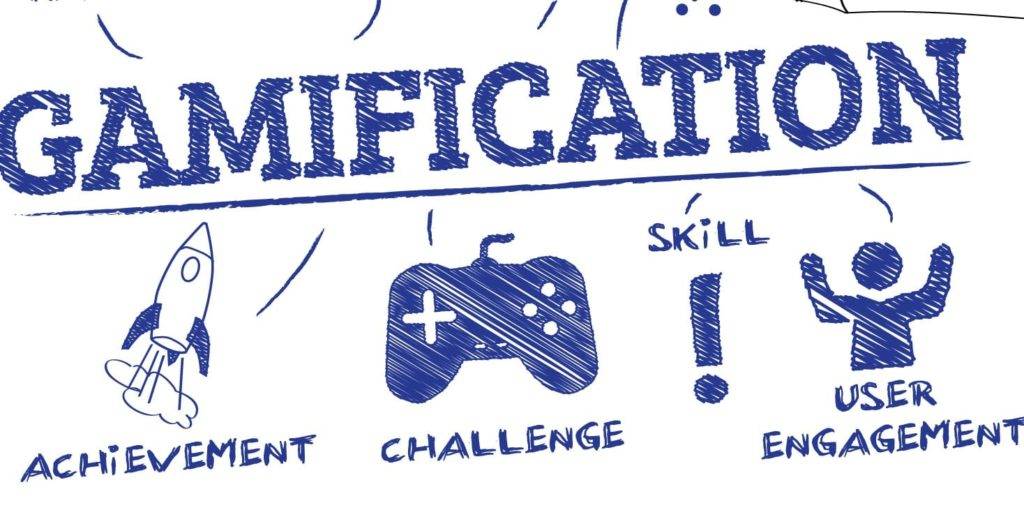
eLearning Development
Social Learning Is Way Beyond Facebook Groups – Here’s Why
While having discussions in a Facebook group can certainly be beneficial, social learning goes far beyond that approach. If you want to incorporate more social learning mechanisms, here are a few to consider.
Read More »
January 15, 2020
No Comments

eLearning Development
eLearning is the Preferred Choice for Corporate Training
While classroom learning was once the favored training method, today, many companies are shifting to eLearning instead. If you are wondering why eLearning is quickly becoming the preferred choice for corporate training, here’s what you need to know.
Read More »
October 9, 2019
No Comments

Instructional Design
How Gamification Helps Your Training Programs
Gamification has been making waves in the learning and development field for years. By gamifying your training, you can increase employee engagement, making participating as
Read More »
March 20, 2019
No Comments

Instructional Design
The Surprising Benefits of Gamification in eLearning
Games have long held a position of power in the world of online content. Even before mobile devices became a popular form of game consumption, computer games were an excellent way for a user to interact with the online world. Gamification is so powerful because it is fun and addictive. People want to keep playing, they want to compete, they want to win prizes, and are happy to learn some important lessons along the way. So, if you are at all interested in exploring how gamification can play into your eLearning strategy, read on for 5 surprising benefits of this learning strategy.
Read More »
September 27, 2017
No Comments

Learning Effectiveness
eLearning Should Tell a Story
Research shows that learners gain a deeper understanding when their training is built on a story. The story presents real-life scenarios in which employees are to apply their knowledge to solve a problem or construct a plan. Here are a few examples of how to incorporate storytelling in to your training sessions.
Read More »
September 27, 2016
No Comments

Learning Effectiveness
Micro Learning Made Easy
Have you ever taken a complex skill and broken it down into bite-size pieces? When you are challenging your team to learn new skills, a bite-size skill may be more manageable. Micro learning is easier and more constructive, particularly in smaller amounts of time, with minimal cost involved. So, how do you set up a positive micro learning environment that is conducive to your business schedule and the amount of learning you need your team to garner?
Read More »
September 20, 2016
No Comments
Share it
Facebook
Twitter
LinkedIn
Email
